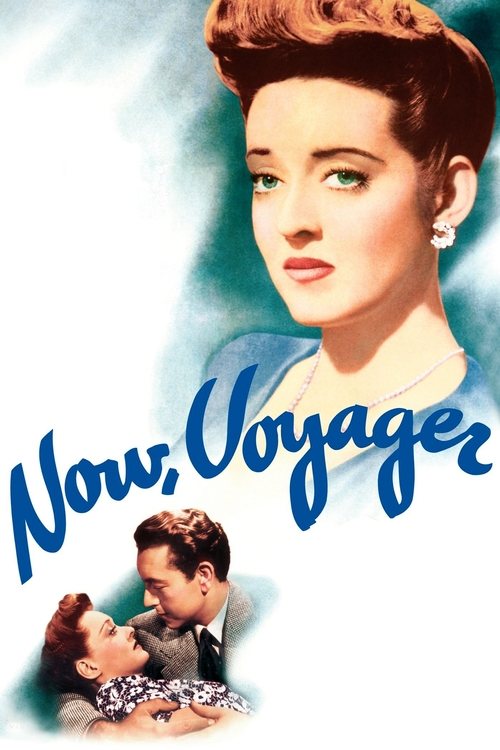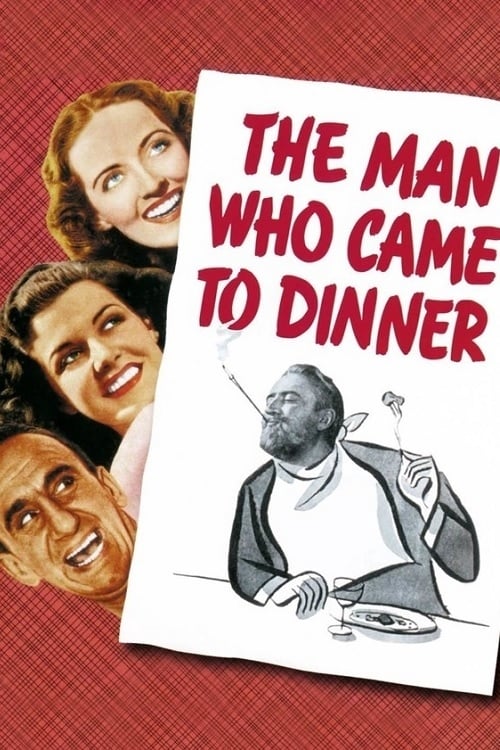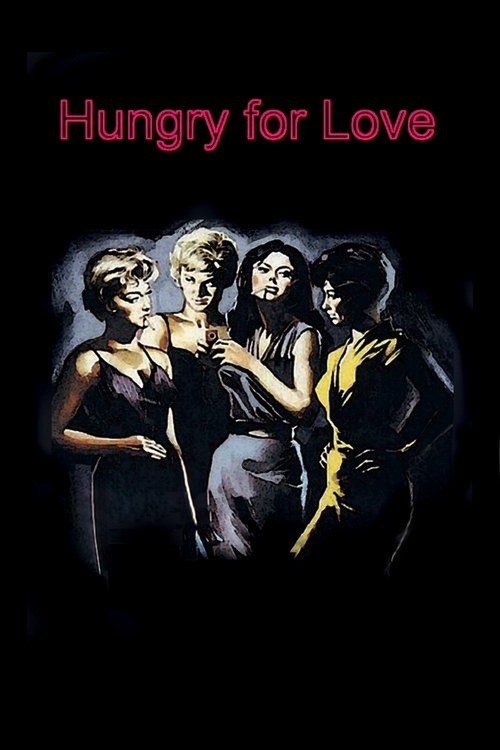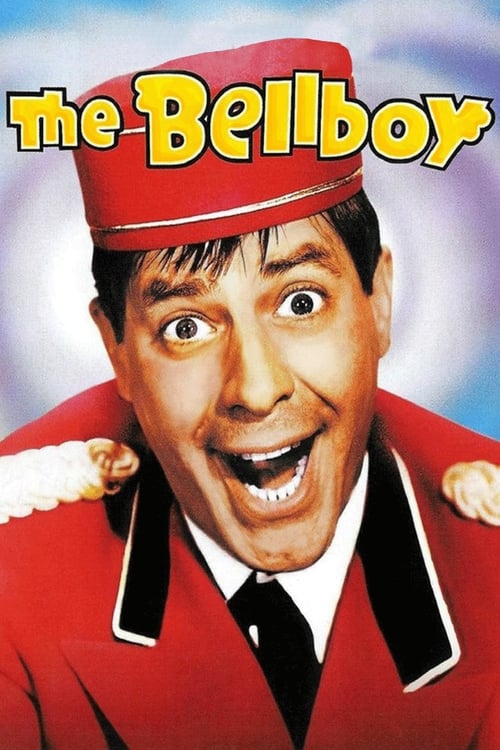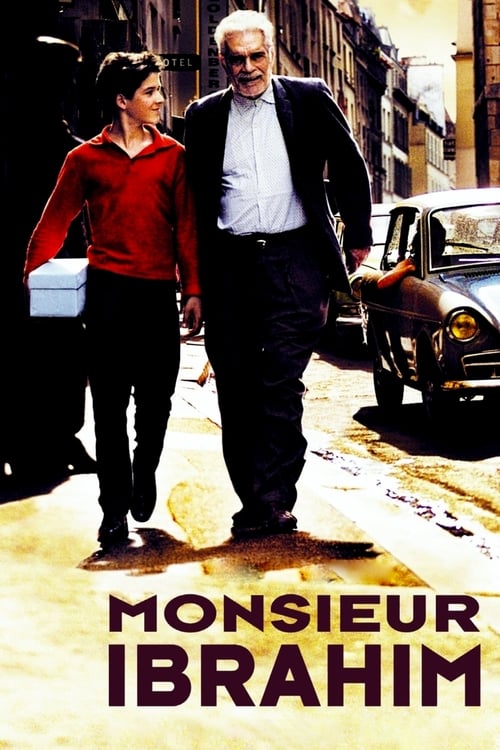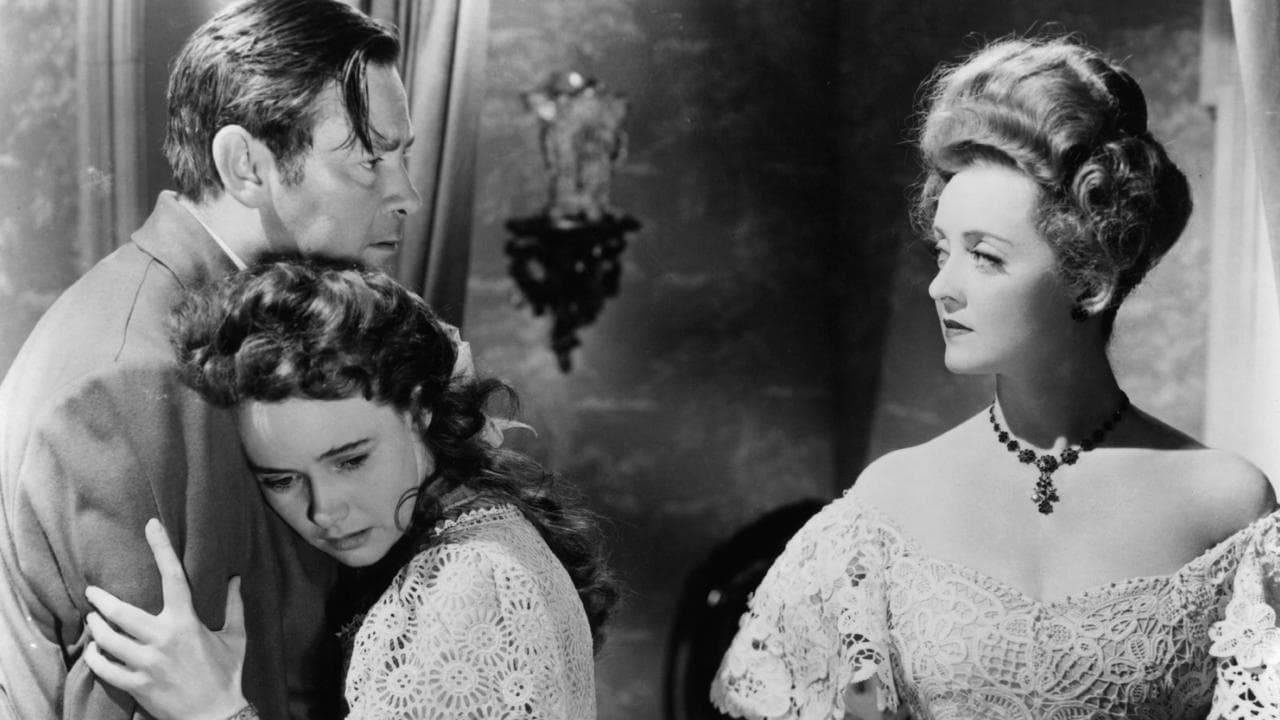
1941
The Little Foxes
Drama, Romance, History
8.0
User Score
187 Votes
Status
Released
Language
en
Budget
$0
Production
Samuel Goldwyn Productions
Overview
In 1900, a clan attempts to strike a deal with a Chicago industrialist to get him to build cotton mills in their Deep South town.
Review
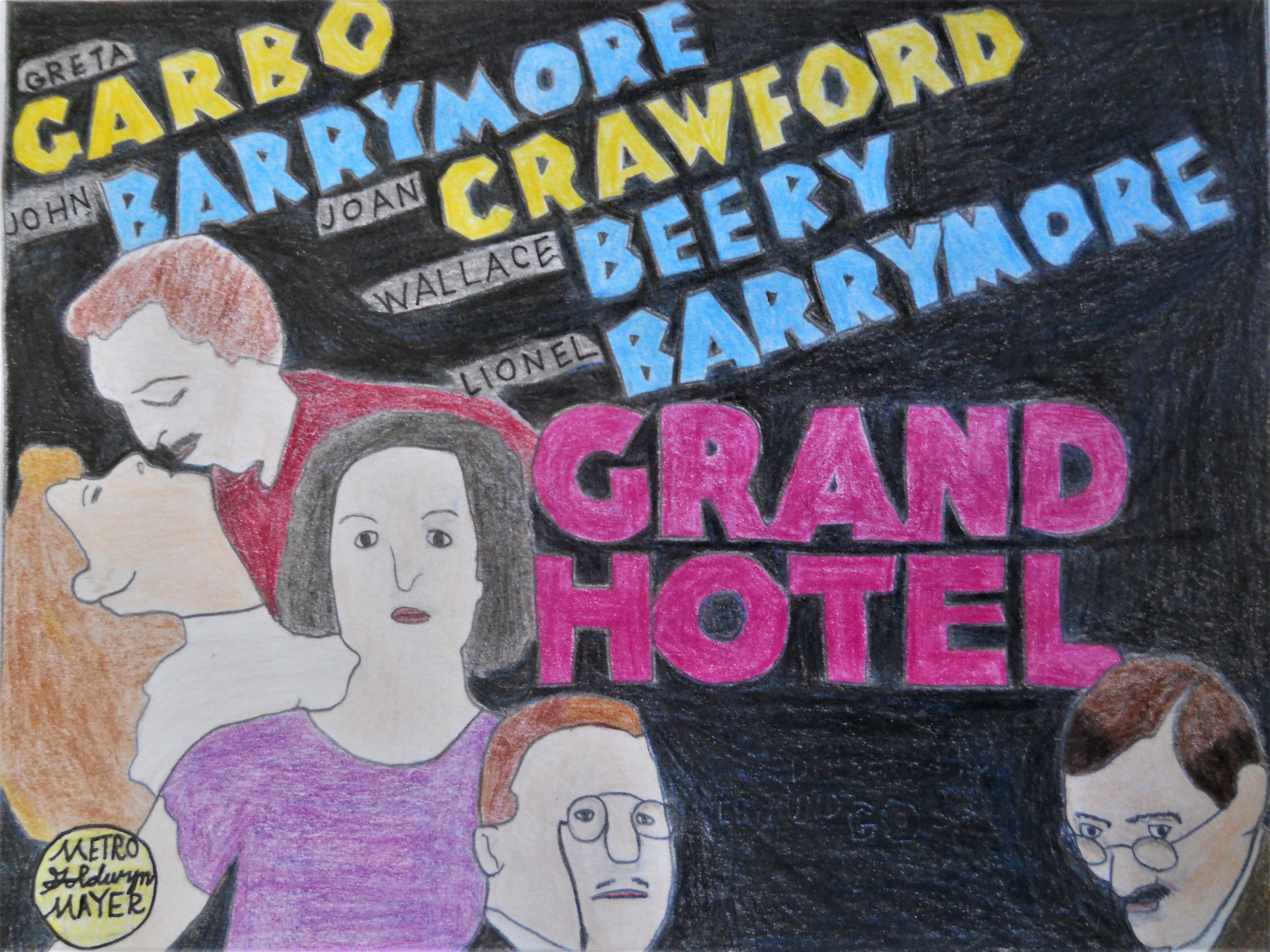
barrymost
9.0
If you enjoy this review, please check out my blog, Old Hat Cinema, at https://oldhatcinema.medium.com/ for more reviews and other cool content.
Would you kill for a cotton mill?
Take us the foxes, the little foxes, that spoil the vines: for our vines have tender grapes. Song of Solomon 2:15
The Little Foxes, made in 1941, was the third and final collaboration between the legendary Bette Davis and the great director William Wyler. Their first film together was Jezebel (1938) and the second was 1940’s The Letter.
Down in the deep South at the turn of the century, a deal’s going down to bring the cotton mills to the cotton…and cold, hard cash into the hands of the greedy, conniving Hubbard clan. Ben Hubbard, the brains of the operation, and his brother Oscar, need $75,000 more to close the deal. Their sister, Regina, desperately wants a piece of the action, and she expects her portion of the money to be put up by her husband, Horace. However, she and Horace have not been on good terms for quite some time, plus he has been in Baltimore for several months being treated for a serious heart condition. Undaunted, Regina sends her 17-year-old daughter, Alexandra, to Baltimore to bring him home. Once he is reinstated in the household, he makes it clear that he opposes their shady dealings. But Horace is weak and hasn’t much time to live. Smelling blood, the foxes begin to close in…
The film was nominated for Best Picture of 1941, but was beat by How Green was My Valley. Bette Davis was nominated for Best Actress, and both Teresa Wright, in her debut, and Patricia Collinge were nominated for Best Supporting Actress. Bette Davis was beat by Joan Fontaine for Suspicion, and the Best Supporting Actress Award went to Mary Astor for The Great Lie. However, it’s a cryin’ shame that Herbert Marshall, an excellent actor whose name is all but forgotten today, was not even nominated for his heart-wrenching and eloquently underplayed performance in The Little Foxes.
In his younger days, throughout the 1930’s, Herbert Marshall was in high demand as a romantic leading man. It’s my opinion, though, that it was as the wise, gentle, and doomed Horace Giddens that Marshall gave the greatest performance of his career, at over fifty years old.
Five original cast members reprised their roles from the Broadway production: Charles Dingle (as Ben Hubbard), Carl Benton Reid (as Oscar Hubbard), Dan Duryea (as Leo Hubbard), Patricia Collinge (as Birdie Hubbard), and John Marriott (as Cal).
Lillian Hellman wrote the screenplay, adapting it from her hit stage play, and in fact added one character who was not be found in the original work: Alexandra’s boyfriend, David Hewitt (played by Richard Carlson). The reason Hellman gave for this change was that the story needed another sympathetic male character in addition to Horace Giddens.
The Little Foxes is melodrama of the highest order, but certainly won’t appeal to everyone’s taste. Personally, this is one of my favorite films, and probably my favorite film that deals with such dark themes as are touched upon here. I recommend watching it with a thoughtful and patient frame of mind, and the next time you get together with your family for Thanksgiving or whatever, you can be thankful that, no matter what quirks your dear relatives might have, they can’t possibly be as bad as the Hubbard clan. I hope.
Read More 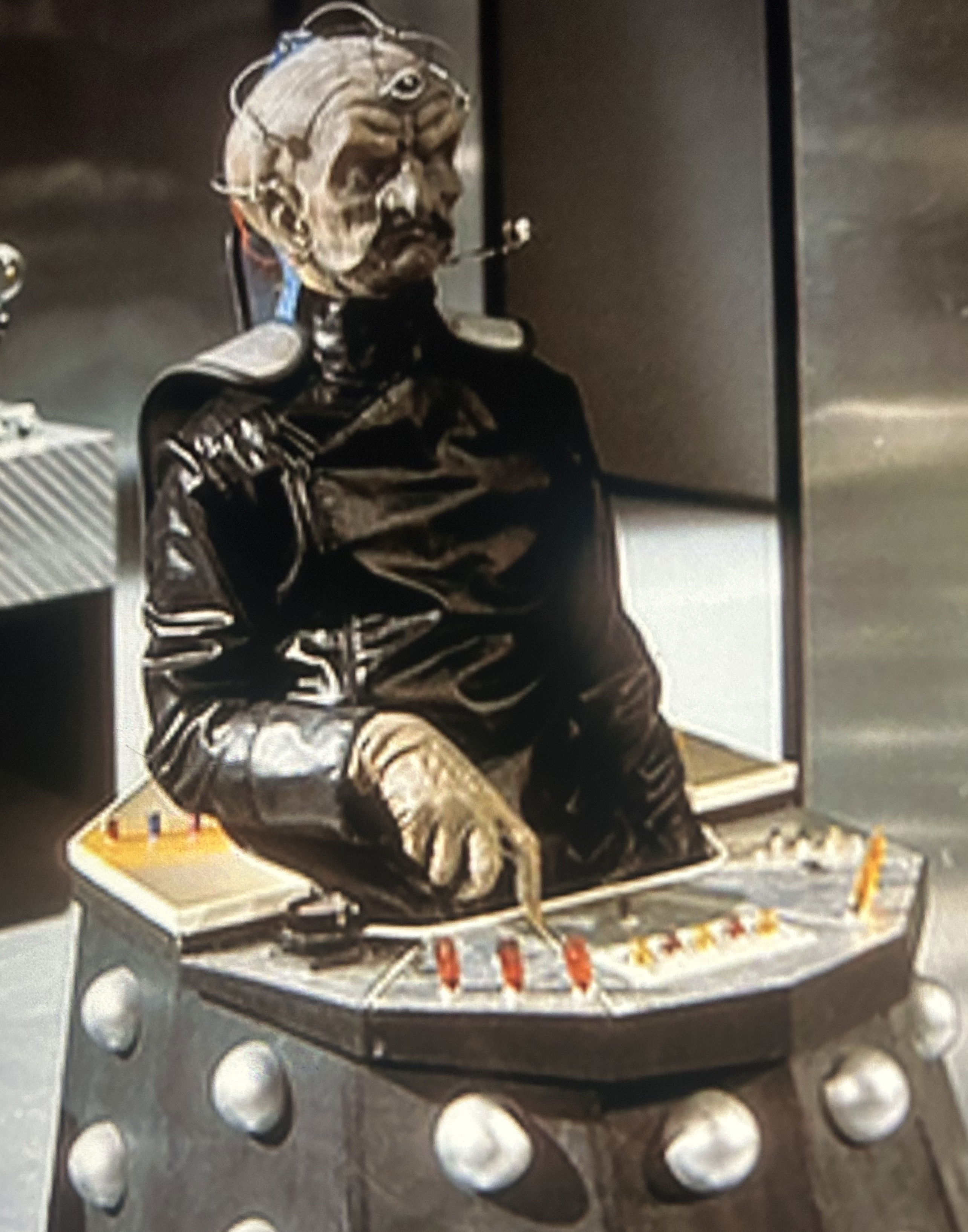
Geronimo1967
7.0
Bette Davis heads an impressive cast in this cracking tale of the ruthless "Hubbard" family who dominate the town of Linnet at the start of the 20th century. Davis is "Regina" who lives a grand existence with her daughter "Alexandra" (Teresa Wright) and two brothers "Oscar" (Carl Reid) and "Ben" (Charles Dingle) living next door. When a business opportunity presents itself to them, she manipulates her daughter into having her terminally ill, but largely estranged father "Horace" (Herbert Marshall) return home so he can chip in the much needed funds. He's a actually quite a decent fellow who has little truck with their exploitative ways, so declines to get involved. This pitches the daughter - who has issues of her own with her loathsome cousin "Leo" (Dan Duryea) and her would-be beau "David" (Richard Carlson) - into a familial game of chess in which she can only lose. The drama is complex, devious and palpable; Marshall is superb in the role of the sickly but determined husband with Dingle also good as the almost as underhand brother and, of course, Davis in her element as the matriarch who thinks she's doing the right thing, but only so long as it's on her terms. The films addresses many issues that resonate even now about the "Deep South" - bigotry, racist attitudes and the sense of superiority that prevailed. William Wyler was usually to be relied upon to deliver a strong story, well paced, well cast and well put together - this is certainly one of is best.
Read More 